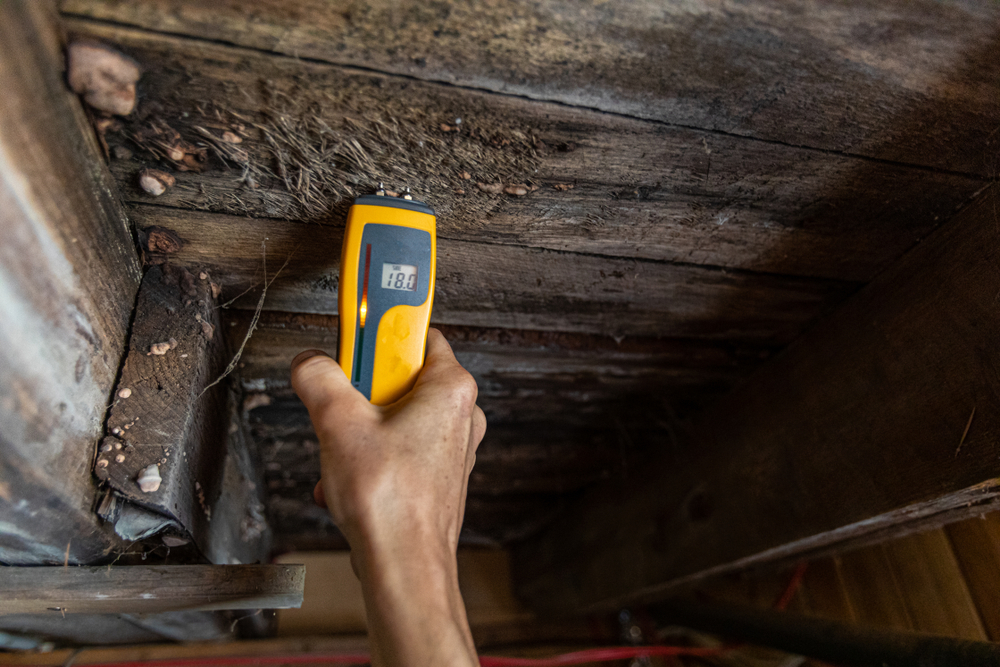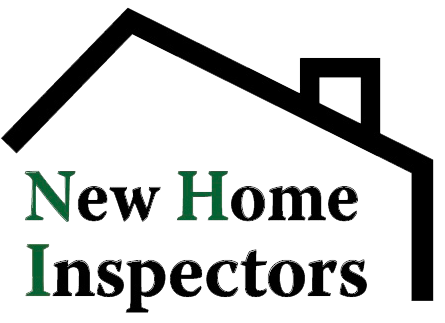
As a Long Island homebuyer, you may think that the house you want to buy is in perfect condition. However, there are several hidden issues that may be lurking beneath the surface. A home inspection can help uncover these problems before they become major issues. The home inspection is a vital part of the home buying process that should not be skipped.
Most problems are hidden due to weather or are simply hard to find. Aside from being hard to find, some home inspectors are not as experienced as New Home Inspectors. As a result, the do not know what to look for or how to look for it.
New Home Inspectors of Long Island has the expertise and the right tools to search every detail of your new home. Here are the top 5 hidden issues that home inspectors often find. But first, what do we mean by “hidden” issues?
What Do We Consider “Hidden” Issues?
Home inspection issues are considered “hidden” when they are not easily noticeable to homeowners or potential buyers. They can worsen over time, leading to significant damage and costly repairs. New Home Inspector’s expertise and tools can identify these issues, providing homeowners with valuable insights into their property’s condition.
Moreover, NHI has been working on Long Island for many years. Whether you are on the north shore, out east, or off the L.I.E, we know how your home’s location can impact your home inspection. With this knowledge, we are better equipped to uncover these hidden issues.
1. Water Damage
Water damage can occur from various sources, such as leaky pipes, malfunctioning appliances, or flooding. These issues may not be apparent to the untrained eye, as water can seep into walls, floors, and ceilings, causing mold growth, musty odors, and stains. Moreover, a seller may cover the cosmetic indications of water damage, which makes it harder to find. A home inspector will use specialized tools and techniques to identify any signs of water damage.
2. Electrical Issues
Many homes have outdated or overloaded electrical systems, which can pose serious safety risks. Faulty wiring, outdated fixtures, or improperly installed equipment can lead to electrocution or house fires. Home inspectors will assess the electrical system and identify any issues that require attention.
3. Plumbing Problems
Plumbing issues can also go unnoticed until they cause significant damage. Hidden leaks, corroded pipes, or improperly installed fixtures can result in water damage, mold growth, and expensive repairs. Home inspectors will thoroughly examine the plumbing system and look for any potential problems.
4. Structural Damage
Structural damage can be difficult to detect, and it can occur for various reasons, including natural disasters, improper construction, or aging. Cracks in the foundation, sagging floors, or uneven walls may indicate underlying structural damage that requires prompt attention. Home inspectors will look for these issues and recommend further investigation if necessary. An untrained person may see cracks in walls or notice the uneven floor, but it takes a qualified home inspector to determine the cause.
5. Pest Infestations
Pests, such as rodents, termites, or ants, can cause extensive damage to a home, including structural damage and health hazards. Home inspectors will search for signs of pest infestations, such as droppings, nests, or chewed-up materials, and recommend appropriate solutions.
6. HVAC Inefficiency
Another hidden issue that home inspectors often find is HVAC (Heating, Ventilation, and Air Conditioning) inefficiency. A poorly functioning HVAC system can lead to discomfort, higher energy bills, and unnecessary strain on the environment. While it may not be immediately apparent to homeowners, an experienced home inspector can assess the HVAC system’s performance and identify any inefficiencies.
Inefficient HVAC systems may result from a variety of factors, such as old or clogged air filters, ductwork leaks, improper system sizing, or malfunctioning components. These problems can lead to uneven heating or cooling, reduced indoor air quality, and increased energy consumption. During a home inspection, the inspector will check the air filters, assess cleanliness and integrity of the ductwork, and test the functionality of the equipment.
Conclusion
If any of these hidden issues are found during a home inspection, it is important to address them as soon as possible. Ignoring these issues can lead to major problems and costly repairs down the road. Furthermore, some of these issues can actually cause a home inspection to fail. This means that you as the home buyer are better off moving on and finding a different home.
At New Home Inspectors, our experienced and licensed home inspectors use the latest technology to perform comprehensive inspections, uncover hidden issues, and help you make informed decisions about your property. Contact us today to schedule a home inspection and protect your investment.

